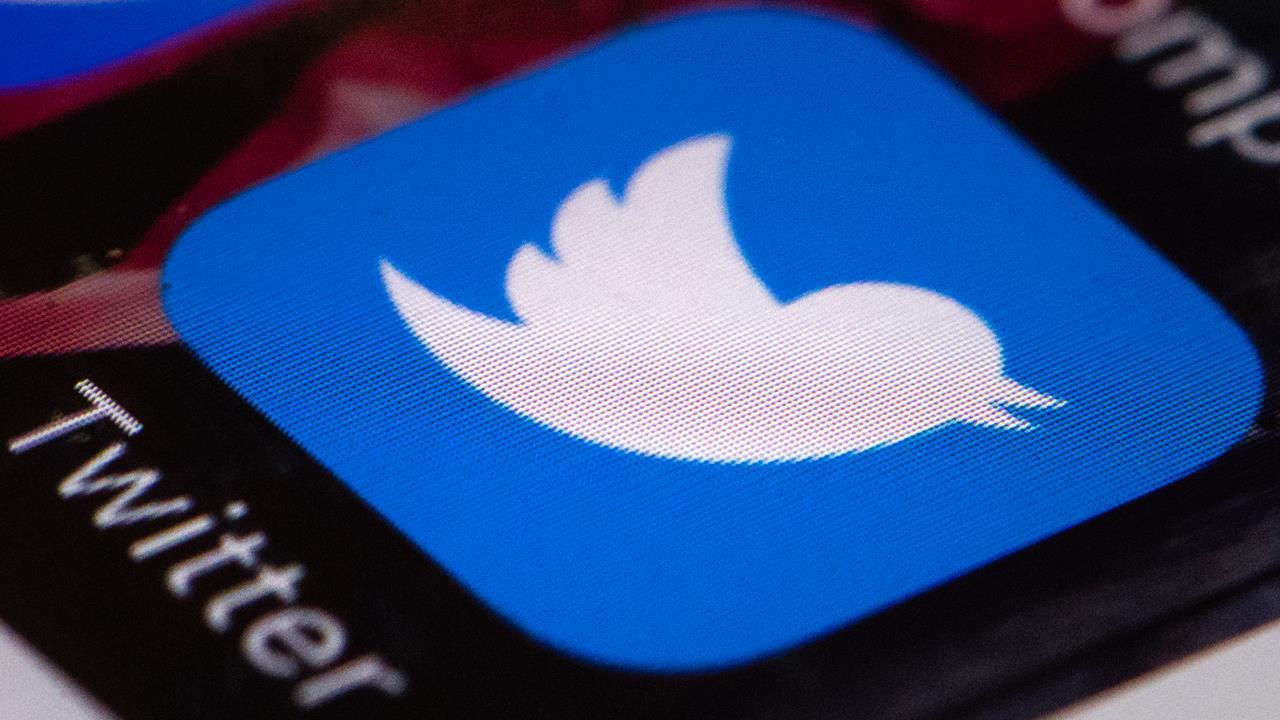Millennials are deleting Facebook. Should investors worry?
After news broke around Facebook's (NASDAQ: FB) Cambridge Analytica debacle, the #deletefacebook movement circulated across the web. According to a recently published Pew internet survey, nearly half of American Facebook users from 18 to 29 years old deleted the app from their phone at some point in the 12 months prior to the early June survey. In total, 74% of American Facebook users either adjusted their privacy settings, took a break from the app, or deleted it altogether.
Those numbers are strikingly high, and it would suggest Facebook has a major problem. But investors shouldn't worry that Facebook is losing half its most valuable user base. The results aren't great, but nothing more drastic than what we've already seen.
The details of Pew's survey
Pew's survey was conducted from May 29 to June 11 this year. That was a couple of months after the news broke about Cambridge Analytica. It was also during Facebook's second quarter.
Overall, 26% of respondents said they deleted the Facebook app and 42% said they had taken a break from checking the platform for a period of several weeks or more at some point during the last twelve months. Younger users were more likely to take action than older users. That's understandable, especially after it became unclear how much care Facebook takes with data privacy.
However, deleting the app doesn't mean users are done with Facebook for good. Users could have any number of reasons for deleting the app, from concerns about privacy to wanting to improve productivity to simply needing to clear room for other apps or music on a device. Users may log into Facebook on the web and still reinstall the app later.
Indeed, Facebook took some bruises in the second quarter, but nothing from its results suggests it's losing close to 26% of users in the United States. The company reported flat numbers for both daily and monthly active users in the U.S. and Canada during the second quarter. It lost users in Europe, largely due to the impact of the General Data Protection Regulation.
Engagement is a bigger concern
While Pew's survey results don't mean users are fleeing Facebook entirely, the responses suggest a declining level of engagement. Coupled with recent changes to the news feed in Facebook, investors might see a clear decline in engagement levels.
With Facebook holding its ad load flat, engagement is essential to increasing ad impressions. Facebook reports year-over-year changes in ad impressions during its earnings calls, but it provides a global number that also includes impressions across all of its properties. Still, it's the best metric we have for user engagement.
Last quarter, ad impressions increased 21%. Management added that the growth was "driven primarily by ads in feeds on Instagram and Facebook." With 11% daily active user growth on Facebook, that would suggest Facebook is maintaining engagement levels on the platform.
Facebook is spending heavily on public relations messages to encourage users to remain on its platform. Further, the company has made a huge step-up in spending on security to ensure situations like Cambridge Analytica don't happen again. In addition, Facebook is spending heavily on its video platform, Watch, to get users to spend more time watching videos on Facebook and investing in other ways to engage users. All of these efforts combined should help move the needle further in Facebook's favor.
While Pew's survey numbers suggest some problems facing the big social network, those problems don't show up in Facebook's reported results. Of course, investors should continue to watch active-user numbers and ad-impression growth each quarter.
Find out why Facebook is one of the 10 best stocks to buy now
Motley Fool co-founders Tom and David Gardner have spent more than a decade beating the market. (In fact, the newsletter they run, Motley Fool Stock Advisor, has tripled the market!*)
Tom and David just revealed their ten top stock picks for investors to buy right now. Facebook is on the list -- but there are nine others you may be overlooking.
Click here to get access to the full list!
*Stock Advisor returns as of August 6, 2018
Adam Levy owns shares of Facebook. The Motley Fool owns shares of and recommends Facebook. The Motley Fool has a disclosure policy.




















